While ethnographers and the data they produce already play a role in affecting industry practices, there is potential to integrate anthropological ways of seeing and knowing into a shared transdisciplinary...
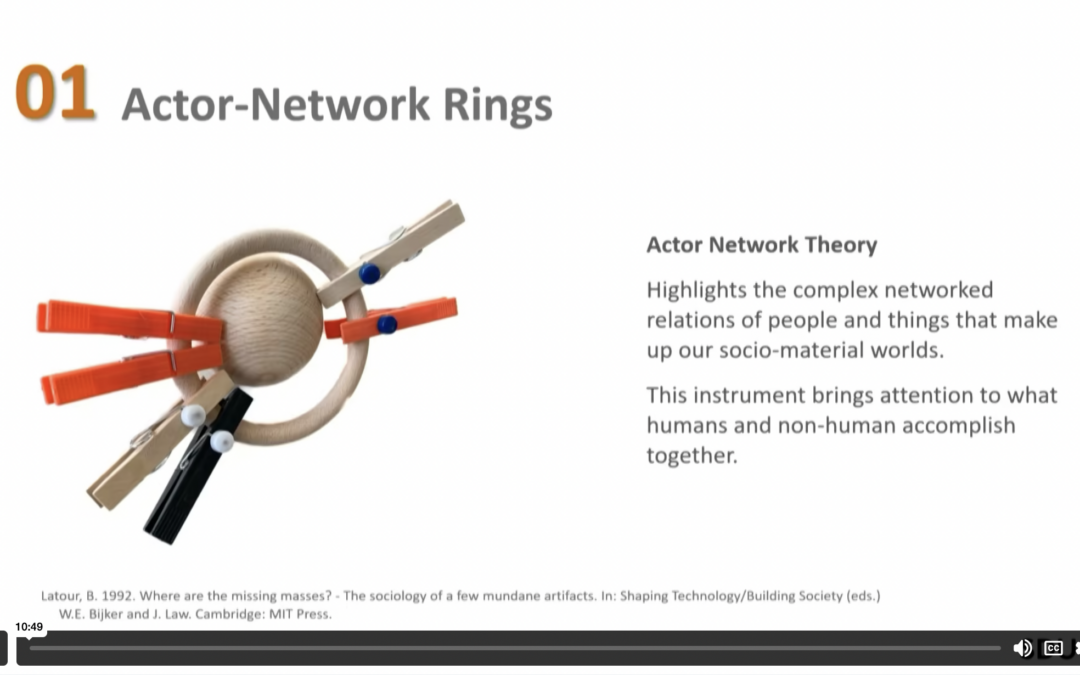

While ethnographers and the data they produce already play a role in affecting industry practices, there is potential to integrate anthropological ways of seeing and knowing into a shared transdisciplinary...
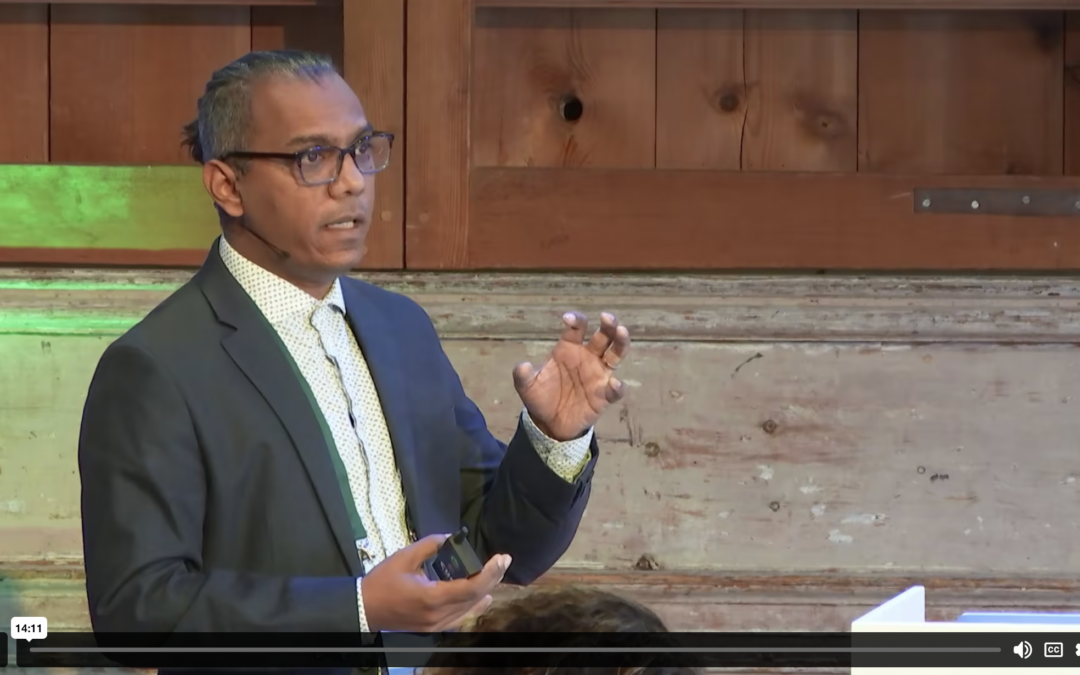
The ethos and methods of participatory research have been widely embraced as a powerful approach to address systemic inequity in the design of technology. While there have been many gains and developments that...

This paper shares guidance for designing conversational AI based on findings from linguistic and social analysis...
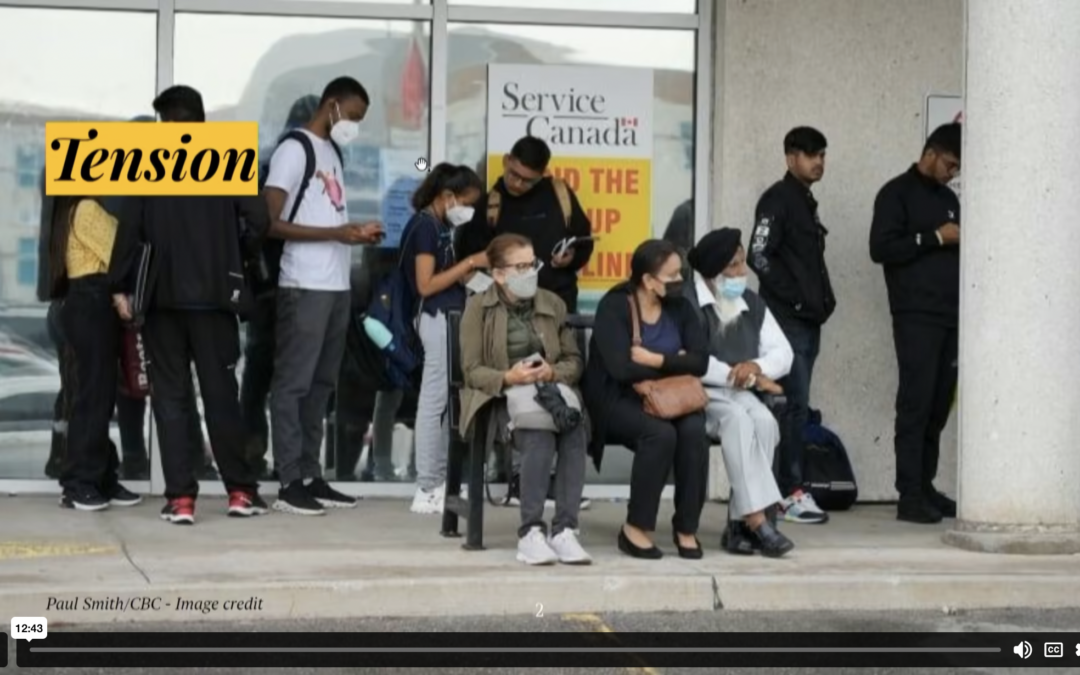
Government websites and online services are often built with limited input from the people they serve. This approach limits their ability to respond to ever changing needs and contexts. This case study describes...

This ethnographic case study discusses friction in everyday information-seeking on smartphones and proposes new...
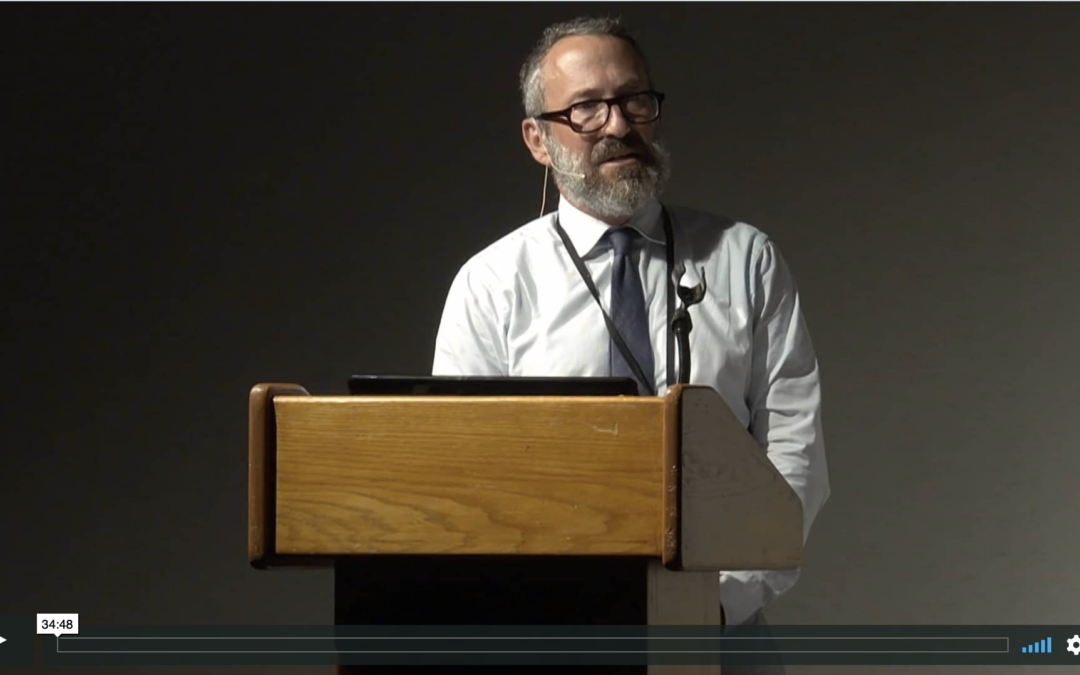
EPIC2018 Keynote Address Introduction The headlines of the March 6, 1886 edition of the Illustrated Police News, read “Cowed by a Woman: A Craven Red Villain Weakens in the Face of a Resolute White Heroine—Exciting Adventure in an Indian Village in Arizona.” The lede was accompanied by this...
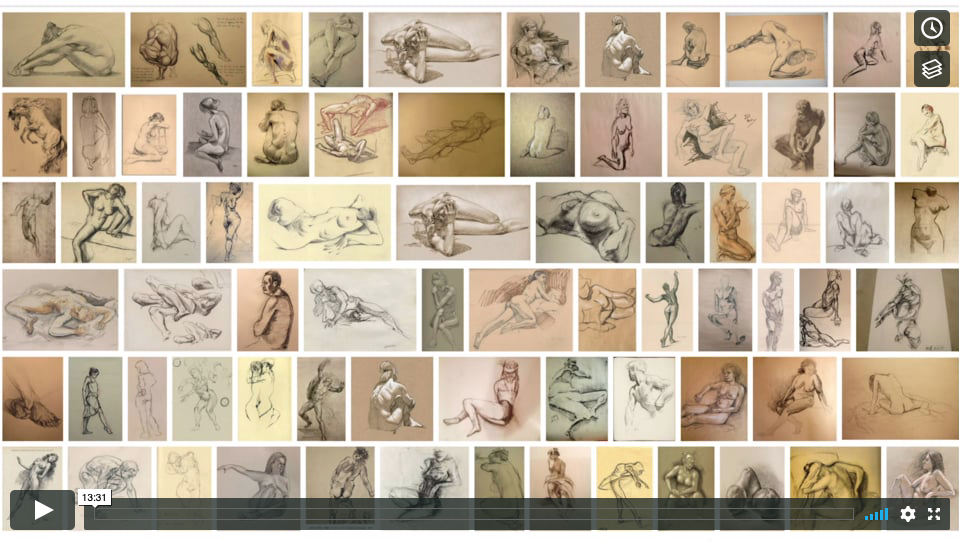
Few professions appear more at odds, at least on the surface, than ethnography and data science. The first deals in qualitative “truths,” gleaned by human researchers, based on careful, deep observation of only a small number of human subjects, typically. The latter deals in quantitative “truths,”...

Ethnographic and other related practices in industry focus – for a variety of historical reasons – primarily on studying the experiences of individuals/institutions as consumers/users. We suggest that this framing limits our work to descriptive forms of knowledge, and renders invisible larger...

The focus of this paper is to investigate deep learning algorithm development in an early stage start-up in which edges of knowledge formation and organizational formation were unsettled and contested. We use a debate by anthropologists Clifford Geertz and Claude Levi-Strauss to examine these...
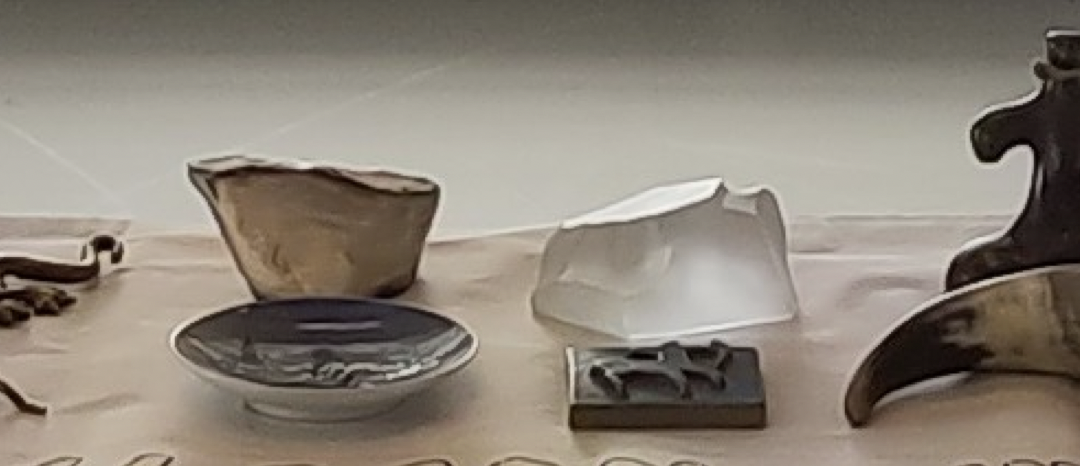
It is becoming widely accepted that the climate crisis is a multiscale breakdown of interrelated ecological systems, caused by behavioural patterns that are unsustainable. As behaviours are largely informed by ideologies and as the latter are passed on by education, we submit that the climate...